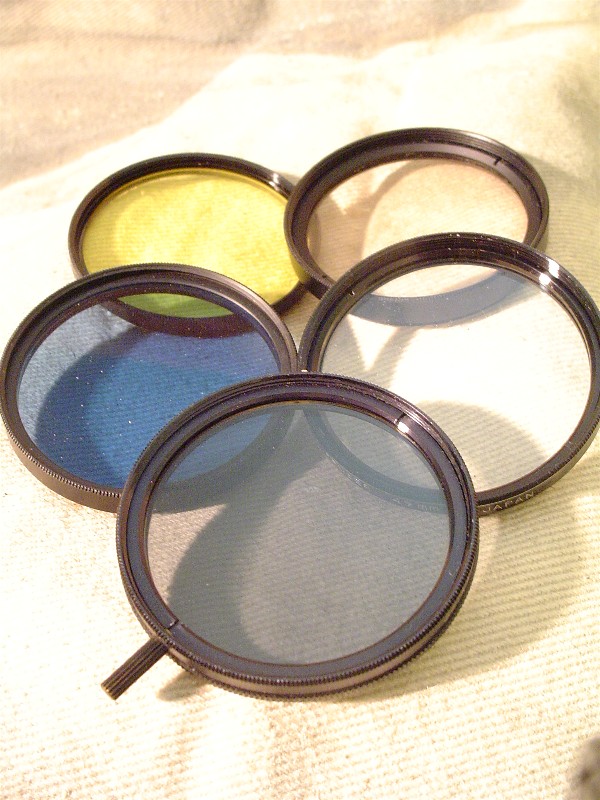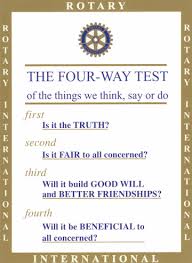I grew up in a home where the family dinner was a sacred cow. At this daily dinner table, nearly every topic was open for conversation. We talked about religion, politics, school, and even sex. (Exception: When at 15 years old I asked, quite innocently, “What is oral sex?”, my mother made it clear that we were not going to discuss THAT at the dinner table.) But mostly everything was allowed, and I learned to hold my own in a discussion.
What I did not learn that I wish I had, was a way to filter what I said, a way to make my portion of the conversations more thoughtful and poignant. It wasn’t until I was 35 years old that I heard about the “Sufi Filter”.
Is it true?
Is it kind?
Is it necessary?
This practice/filter is attributed to many people. Experts say the Sufi poet Rumi, probably didn’t say this although you can find a snippet of a poem attributed to him, (he spoke more in poetry and metaphor than directly as these questions are stated.) Buddha did say something similar, and Indian guru Sai Baba is quoted as saying, “Before you speak, ask yourself: Is it kind, is it necessary, is it true, does it improve on the silence.”
Before you speak, ask yourself: Is it kind, is it necessary, is it true, does it improve on the silence.
In the Western world, the Quakers call this filter the three sieves. First seen as a story in the Children’s Story Garden, published in the 1920’s, the first of the sieves is truthfulness, then kindness, then necessity. Here is the story.
THE THREE SIEVES
A LITTLE boy one day ran indoors from school and called out eagerly: “Oh, mother, what do you think of Tom Jones? I have just heard that ——”
“Wait a minute, my boy. Have you put what you have heard through the three sieves before you tell it to me?”
“Sieves, mother! What do you mean?”
“Well, the first sieve is called Truth. Is it true?”
“Well, I don’t really know, but Bob Brown said that Charlie told him that Tom ——”
“That’s very roundabout. What about the second sieve — Kindness. Is it kind?”
“Kind! No, I can’t say it is kind.”
“Now the third sieve — Necessity. Will it go through that? Must you tell this tale?”
“No, mother, I need not repeat it.”
“Well, then, my boy, if it is not necessary, not kind, and perhaps not true, let the story die.”
In The Children’s Story Garden. Stories collected by a committee of the Philadelphia Yearly Meeting — Anna Pettit Broomell, Emily Cooper Johnson, Elizabeth W. Collins, Alice Hall Paxson, Annie Hillborn, and Anna D. White. Illustrated by Katharine Richardson Wireman and Eugénie M. Wireman. Published in 1920 by J. B. Lippincott Company, Philadelphia.
....if it is not necessary, not kind, and perhaps not true, let the story die. Click To TweetThere are other well-known and helpful filters. Since the 1930’s, the Rotarians have used Herbert J. Taylors Four Way Test.
Is it fair to all concerned?
Will it build goodwill and better friendships?
Will it benefit all concerned?
My first exposure to this filter was during a visit to Charleston. My girlfriend and I were sitting down next to a fountain, talking about a dilemma I was in at the office. These four questions were written in the concrete benches around the fountain. As we walked around the fountain, I felt like I had visited an oracle and received exactly the wisdom that I needed. I left knowing exactly what to do and say when I returned home. Running a dilemma through the Rotarian Four-Way Path cleared my thinking and answered all my doubts.
A client of mine who is active in a Twelve Step Program says she uses this filter:
Does it need to be said?
Does it need to be said by me?
Does it need to be said right now?
I cannot say that I believe that we should always be so measured and careful with our language. Certainly there are times and places to just banter, to let loose, to let language flow freely and frivolously. There are also times when a person just has to say what they need to say. Those who are grieving profoundly may say difficult, raw, vulnerable things. They may not sound kind. But they are usually true, so deeply true, and they are often hard to hear. The grieving person must speak the hard truth.
 How do we discern when to speak loosely and spontaneously and when to use a filter to check our speech? Is it sometimes more important to speak, even if it doesn’t pass the “filter test” because there is something bigger at stake?
How do we discern when to speak loosely and spontaneously and when to use a filter to check our speech? Is it sometimes more important to speak, even if it doesn’t pass the “filter test” because there is something bigger at stake?
I have been guilty of posting things on FB that I have not checked. I am grateful to my friends who remind me to run something through a fact checker like snopes. We need to be speaking and sharing truth, not propaganda. I have also been guilty of not taking the time to ask myself, “Is this comment really necessary?”
I read something by Bishop Desmond Tutu this week. Posted on FB by a good friend of mine, this timely advice could be heeded by all of us.
“My father always used to say, ‘Don’t raise your voice. Improve your argument.’ Good sense does not always lie with the loudest shouters, nor can we say that a large, unruly crowd is always the best arbiter of what is right.” ― Desmond Tutu
‘Don’t raise your voice. Improve your argument.’
At this point in my life, I have added my own filtering question: Will this comment be helpful? Perhaps that is similar to Sai Baba’s filter, “Will it improve on the silence?” I can honestly tell you that I have swallowed quite a few comments when I have asked myself, “Will this really be helpful?”
Twenty-nine days until the Presidential Election. (Thank you Sweet Baby Jesus!) I am reminded that politics, and elections in general, have their own set of standards and rules, although I could not tell you what they are. Insult the other candidate as much as possible? Lie repeatedly? Skirt the questions? Deflect and avoid? Perhaps you can’t be in that game and operate by civil rules such as these filters. Perhaps our candidates know nothing about helpful filters.
But we should. We should know, or at least learn, how to talk with each other. We should know how to check our facts before we deliver blustery opinions as though they were truth. We can make an effort to be kind and to wonder if what we are getting ready to say is necessary. Choose whichever filter works for you. But help make this messy life more marvelous, at least in conversation, by remembering that less can be more.
Amy



I LOVE that after prayer, this is what I read. Thank you. Over the High Holy Days this is always a point of consideration. This post has awaken in me that this year – this may be of a higher importance. The very similar point of uselesss babble has been in my thoughts alot this week. Thank you.
What a beautiful affirmation, Jason. Thank you. And God’s blessing to you through your new year. Using a filter is indeed a spiritual discipline.
Interesting point of view. Wondering what you think of its implication on society as a whole though? There are times when things like this begin to have global expansion and frustration. I will be back soon and follow up with a response.
canada goose jacket https://www.cheapcanadagoose.online